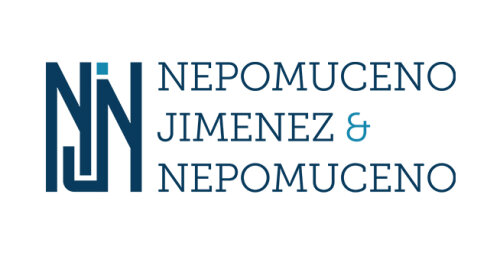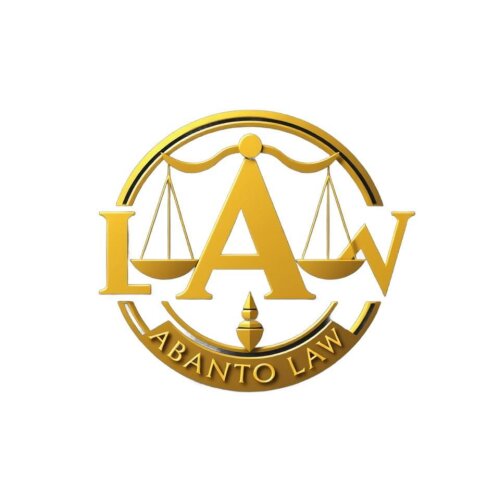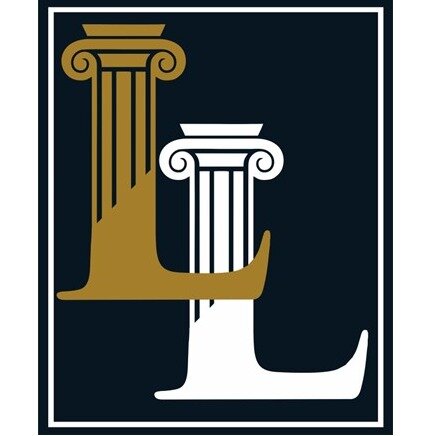Best Native People Lawyers in Philippines
Share your needs with us, get contacted by law firms.
Free. Takes 2 min.
Or refine your search by selecting a city:
List of the best lawyers in Philippines
About Native People Law in Philippines
Native People in the Philippines, also referred to as Indigenous Peoples (IPs), comprise various ethnolinguistic groups with distinct cultures, traditions, and ancestral lands. They constitute approximately 10-20% of the Philippine population and are mainly found in the northern Luzon and Mindanao regions. The legal framework concerning Native People is primarily governed by the Indigenous Peoples' Rights Act (IPRA) of 1997, which aims to recognize, protect, and promote their rights, including rights to ancestral domains, self-governance, social justice, and the preservation of their culture and traditions.
Why You May Need a Lawyer
There are several situations where individuals or communities may require legal assistance regarding Native People law. These include disputes over ancestral land ownership, infringement of rights by governmental or private entities, and navigating the legal processes involved in obtaining Certificates of Ancestral Domain Title (CADT) or Certificates of Ancestral Land Title (CALT). Legal advice may also be needed when facing challenges in asserting cultural rights or when involved in advocacy or policy-making initiatives pertaining to Indigenous Peoples.
Local Laws Overview
The Indigenous Peoples' Rights Act (IPRA) of 1997 is the cornerstone of legislation concerning Native People in the Philippines. It establishes the National Commission on Indigenous Peoples (NCIP), which is the lead agency responsible for the formulation and implementation of policies, plans, and programs to promote and protect the rights of Indigenous Peoples. Key aspects of local laws include:
- Recognition of rights to ancestral domains and lands, including the issuance of CADTs and CALTs.
- Protection of cultural integrity and the right to preserve traditional practices and customs.
- Self-governance and empowerment through local decision-making processes and institutions.
- Social justice and human rights, ensuring equal access to opportunities and services.
Frequently Asked Questions
What is the Indigenous Peoples' Rights Act (IPRA)?
The IPRA is a comprehensive legal framework that recognizes and promotes the rights of Indigenous Peoples in the Philippines, covering land rights, cultural preservation, and self-governance.
What are ancestral domains and lands?
Ancestral domains and lands refer to the territories that Indigenous Peoples have traditionally owned, occupied, and used, recognized under Philippine law through CADTs and CALTs.
Who governs Indigenous Peoples' affairs in the Philippines?
The National Commission on Indigenous Peoples (NCIP) is the primary agency responsible for protecting and promoting the rights and welfare of Indigenous Peoples.
How do Indigenous Peoples assert their rights over ancestral domains?
Indigenous Peoples can assert their rights through legal recognition via CADTs or CALTs, engaging in dialogue with government bodies, and participating in decision-making processes.
What are Certificates of Ancestral Domain Title (CADT) and Ancestral Land Title (CALT)?
CADTs and CALTs are legal documents issued by the NCIP, recognizing the ownership and rights of Indigenous Peoples over ancestral domains and lands.
How can disputes over ancestral lands be resolved?
Disputes can be resolved through mediation, arbitration, and adjudication processes facilitated by the NCIP or through the court system.
What role does culture play in Indigenous Peoples' rights?
Cultural integrity is a core aspect of Indigenous rights, ensuring the preservation and continuation of traditional practices, languages, and customs.
Can Indigenous Peoples govern themselves?
Yes, the IPRA recognizes their right to self-governance, allowing them to manage their affairs through indigenous political structures and systems.
What social services are available to Indigenous Peoples?
Indigenous Peoples have access to various government programs and services designed to improve education, health, and economic opportunities.
How can non-Indigenous people help protect Indigenous Peoples' rights?
Non-Indigenous people can support advocacy efforts, respect Indigenous cultures and rights, and raise awareness about the issues facing Indigenous Peoples.
Additional Resources
To gain more insights or seek assistance regarding Native People law in the Philippines, the following resources can be valuable:
- National Commission on Indigenous Peoples (NCIP)
- Indigenous Peoples Rights Monitor (IPRM)
- Cultural and Advocacy Groups working with Indigenous Peoples, such as Katribu and Tebtebba
- Legal aid services and human rights organizations like Free Legal Assistance Group (FLAG) and Philippine Alliance of Human Rights Advocates (PAHRA)
Next Steps
If you need legal assistance regarding Native People in the Philippines, consider taking the following steps:
- Contact legal aid services or Indigenous Peoples’ advocacy organizations for initial consultations.
- Gather relevant documentation, such as land titles or historical records, to support your case.
- Engage with community leaders or Indigenous representatives for guidance and support.
- Consult with an attorney specializing in Indigenous Peoples' rights for personalized legal advice.
- Stay informed about developments and updates in laws and policies that affect Indigenous Peoples.
Lawzana helps you find the best lawyers and law firms in Philippines through a curated and pre-screened list of qualified legal professionals. Our platform offers rankings and detailed profiles of attorneys and law firms, allowing you to compare based on practice areas, including Native People, experience, and client feedback.
Each profile includes a description of the firm's areas of practice, client reviews, team members and partners, year of establishment, spoken languages, office locations, contact information, social media presence, and any published articles or resources. Most firms on our platform speak English and are experienced in both local and international legal matters.
Get a quote from top-rated law firms in Philippines — quickly, securely, and without unnecessary hassle.
Disclaimer:
The information provided on this page is for general informational purposes only and does not constitute legal advice. While we strive to ensure the accuracy and relevance of the content, legal information may change over time, and interpretations of the law can vary. You should always consult with a qualified legal professional for advice specific to your situation.
We disclaim all liability for actions taken or not taken based on the content of this page. If you believe any information is incorrect or outdated, please contact us, and we will review and update it where appropriate.
Browse native people law firms by city in Philippines
Refine your search by selecting a city.
















